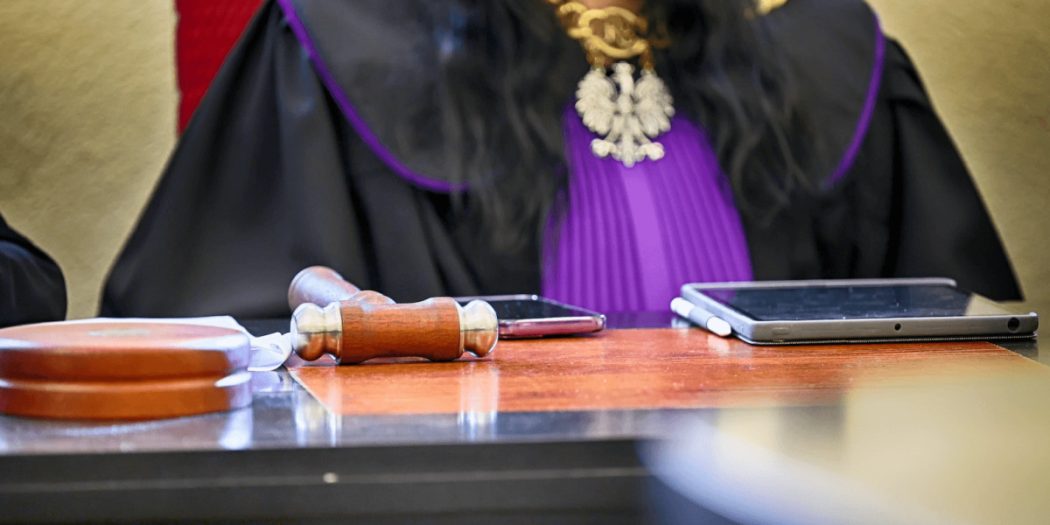
Dr. Justyna Grusza-Głębicka, an expert on Polish gambling legislation and author of igamingpolska.pl, told SBC that Poland’s legal framework leaves consumers vulnerable to criminal liability for participating in unlicensed gambling – further fueling the growth of the country’s black market.
Imagine a player loses a large sum in an online casino operating from Curaçao. Unaware of the legal specifics, he only realizes after the fact that the casino was illegal.
Naturally, the player wants to get his money back or at least warn others about the dishonest operator. But he doesn’t go to the police.
Why? Under Polish law, playing in an online casino without a Polish license can expose the player himself to criminal charges. This is the harsh reality of the gambling landscape in Poland: victims remain silent, and impunity prevails.
Poland’s Penal Code, at least formally, provides for penalties against those who organize gambling without state authorization. Article 107-1 allows for fines or imprisonment for organizers of illegal gambling. This works well enough against domestic offenders.
But when it comes to foreign companies operating from offshore jurisdictions, this article is effectively useless. These offenders are registered in offshore havens, hidden behind corporate opacity and operating under laws completely indifferent to Polish compliance requirements.
The state is powerless: international legal cooperation in matters of illegal gambling is rare, slow, and convoluted. Investigations are blocked by mismatched legal systems, limited regulatory powers, and fragmented jurisdictions.
Occasionally, the media reports on Polish players suing foreign operators for fraud, only to be told that the company acted lawfully under the laws of its home country. Simply put, for the black market, Polish law is little more than background noise.
Furthermore, part 2 of Article 107 penalizes the very players who might wish to report wrongdoing. Anyone participating in unlicensed foreign gambling while in Poland risks a fine of up to 120 times their daily income.
This “chilling effect” discourages consumers from reporting scams or fraud. While there are legal exemptions and mitigating circumstances, they are inconsistently applied. Under the threat of prosecution, most victims choose to stay silent. As a result, the true scale of the problem remains unclear to the authorities.
This paradox undermines the entire enforcement system. A provision meant to combat illegal activity ends up protecting its worst perpetrators – simply because their victims are afraid to speak out.
Although Poland cannot directly prosecute foreign operators, it can still act against their enablers – payment platforms registered domestically or influencers promoting illegal sites. These actors operate openly, especially on social media.
Under Poland’s civil code, a lawsuit regarding gambling can only be filed if the activity was licensed by the state. If the gambling itself was illegal, the court will refuse to hear the case. Victims of offshore operators are thus left without any legal recourse – criminal or civil.
However, there are other legal tools available. For example, Article 18, section 3 of the Polish Penal Code provides for the prosecution of accomplices. Anyone who knowingly helps commit a crime by providing tools, advice, services, or information can be prosecuted as an accessory.
This opens the door to targeting the entire network of individuals and businesses that support illegal gambling operations. A tougher approach to these domestic intermediaries could yield more effective results than the futile chase after offshore servers and shell companies.
There is only one way forward: the law must be amended – not to ramp up efforts against foreign operators (which is unrealistic), but to protect deceived consumers. The key question should be: did the player know the site was illegal? If yes, leniency is harder to justify. But if they acted in good faith, the law should not punish them further.
Public awareness is also critical. Educational campaigns about safe and legal gambling must be scaled up. While such efforts exist, they are barely visible. High-visibility campaigns could both inform the public and show a more empathetic, preventive approach.
Poland currently holds the Presidency of the Council of the European Union – and now has the opportunity to lead a pan-European campaign against the online gambling black market.
The Polish government has already called for harmonized enforcement across the EU. Now it must back those words with action. EU-wide cooperation would provide the scale and legal reach that no member state can achieve on its own.
Illegal gambling will not go away on its own. It thrives on silence, hesitation, and cross-border loopholes. But with smarter laws, responsive institutions, and a united European strategy, Poland could finally begin to turn the tide – starting by giving victims a voice, not a fine.